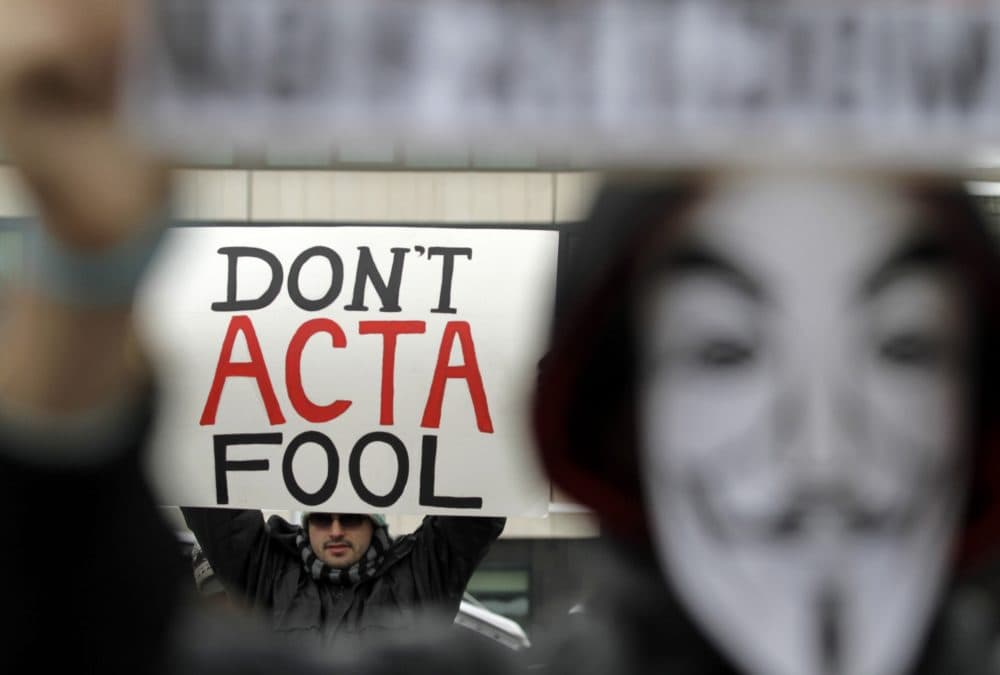Advertisement
Hiawatha Bray Talks Tech: Internet Censorship
Resume
Several legal battles around the globe could determine the future of censorship on the internet. The government restrictions aren't limited to places we often thing of, such as China or Russia. France, Germany and Austria are all asking companies like Google and Facebook to comply with speech restrictions.
Not only are these countries asking tech companies to censor content for users within their respective countries, they're ordering content to be censored for users worldwide — including here in the U.S.
Guest
Hiawatha Bray, technology writer for the business section of The Boston Globe. He tweets @globetechlab.
This segment aired on May 25, 2017.